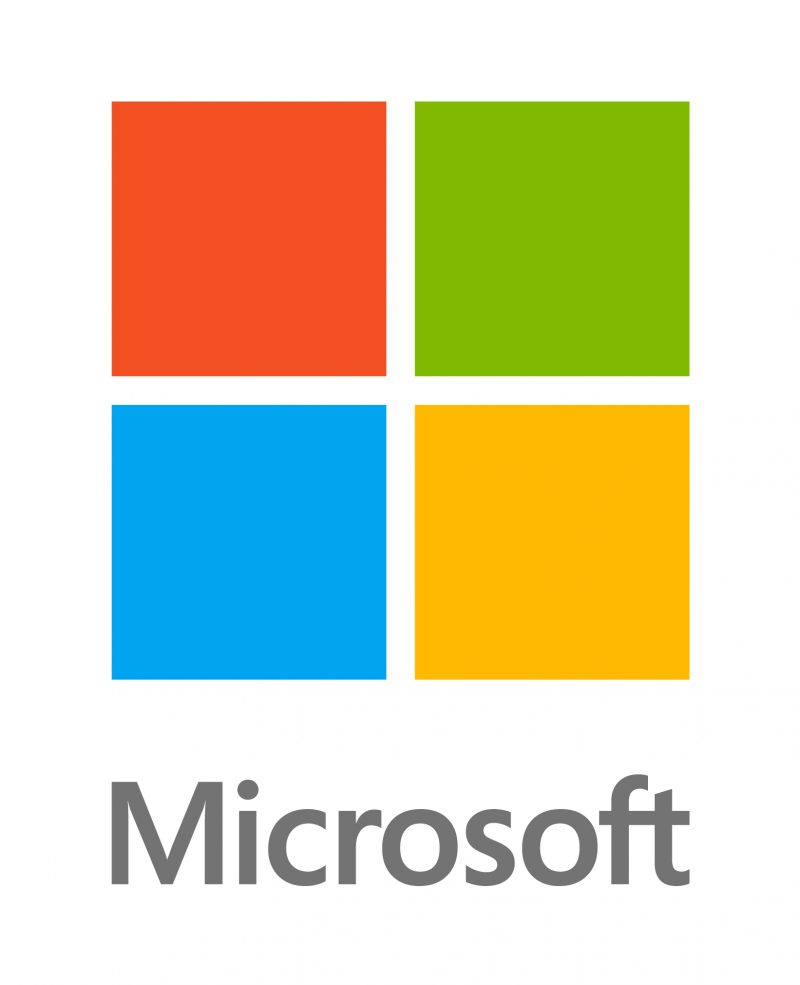Digital technologies like the Internet of Things (IoT) are predicted to add US$14 trillion to the world’s 20 largest economies by 2030. That’s one fifth of the current world GDP. However, many enterprises in the Middle East and Africa are held back from fully realising digital transformation because of a lack of a clear digital strategy and robust IT policy, the inability to adapt quickly enough, and a shortage of necessary skills.
Today, Microsoft reaffirmed its commitment to helping companies in the Middle East and Africa digitally transform at a media event in Dubai. The event, which brought together experts to discuss challenges and opportunities for digitally transforming companies, included sessions on security, Internet of Things, and innovations like digital inking and intelligent apps that are transforming productivity. It builds on Microsoft’s commitment at the Ignite Summit to help business take advantage of the modern enterprise. Starting on 1 October businesses can get the Secure Productive Enterprise (SPE), with Windows 10 Enterprise, Office 365, and Enterprise Mobility + Security (EMS), with the flexibility to deploy either on-premise or in the cloud.
Denis Klimashev, Windows and Devices Business Group Director for Middle East and Africa, addressed some of the challenges enterprises are currently facing. “Traditional companies want to behave like start-ups, but they usually don’t have the technology infrastructures or operating models to keep up with companies that have been digital from the start.”
According to Klimashev and other experts at the event, the core to successful digital transformation is leadership. “Digital orientation must flow from top managers to all levels of the organization. Without vision or direction, businesses will miss the true digital opportunity,” says Klimashev.
Big data is fundamental because it gives leaders the insights needed to make more informed decisions. For example, data on customer behavior is opening a new world of opportunities to design new and better products and services, and develop new revenue streams. The Internet of Things with sensors connected to a business’s assets or ‘things’, is delivering cutting-edge insights to businesses, for example predicting malfunctions in a manufacturing plant or gas pipe before they happen. “Our personal computing platform powered by Windows 10, which is running on over 400 million active device, enables a range of intelligent services from robotics to medial machines. It converges devices with the cloud, and connects machine-to-machine, and with Azure analytics for advanced insights.”
With headline grabbing cyber-attacks on the rise, security concerns are also holding some companies back from fully embracing digital transformation. However, the fact that banks are leading the digital revolution, particularly in the Middle East and Africa where customers demand innovative and mobile banking services, is a sure sign of trust. In the Middle East, 100% of medium-sized banks are ready to adopt a mobile technology this year. 65% of banks are implementing private cloud technology now or are planning to deploy it within 12 months. “Trusted cloud providers spend more money than a single business could ever afford on security, for example Microsoft spends $US1 billion on security every year.”
At Ignite, Microsoft announced enhanced security updates, including Windows Defender Application Guard for Microsoft Edge, which will make Microsoft Edge the most secure browser for the enterprise. This level of protection has never been more important as the majority of attacks start in the browser. The company also introduced threat intelligence sharing between Windows Defender Advanced Threat Protection (WDATP) and Office 365 Advanced Threat Protection, enabling IT to identify and follow the complete chain of an attack from an email to across the network.
Klimashev adds that companies that don’t digitally transform also risk losing talented employees. “Millennials will make up 75% of the workforce by 2030 and are on the lookout for the best digital opportunities.”
Microsoft continues to invest in partnerships to accelerate digital transformation within enterprises, helping them address key pillars of transformation such as profitability, customer satisfaction and increased speed-to-market. One example is our investment in the Oil & Gas Centre of Excellence in the UAE, which will focus on emerging technologies including Internet of Things (IoT), advanced analytics, modern productivity and cloud computing to help transform the Oil & Gas sector.




